Training programmes | Tailoring your programme
Tailoring your programme
Defining the training need
In order to get the best results from a training event it is vital to understand the needs of the audience and the specific learning objectives that the event is designed to accomplish. In order to create an effective programme we suggest the following steps:

In practice we prefer this process to be as interactive as possible. It might be done using e-mails and phone calls but it is frequently better to hold face to face discussions, especially at the outset. Pilot programmes are often appropriate where a series of events is planned.
Developing the objectives and content
It is vital that the learning objectives for a programme are developed in consultation with prospective participants. Some typical topics include:
- the key concepts and principles of successful project management
- the key stages in the project lifecycle
- project initiation, appraisal and selection
- identifying, engaging and managing project stakeholders
- defining goals, prioritising deliverables and managing expectations
- understanding and communicating the financial aspects of the project
- planning projects and managing risk
- mobilising project teams and delivering the programme
- measuring project performance and maintain control
- managing change and minimising scope creep
- ensuring the project delivers its commercial objectives
- building managing an effective project team
- defining the roles and responsibilities of the key players in the project team
- developing the key inter-personal skills of an effective project leader
- utilising the essential tools and techniques of project management
Once the objectives are agreed, the course content, duration and style can be developed.
Defining the duration and training approach
Programme duration will reflect the scope of the objectives and level of training. Whilst two days is suitable for many programmes, introductory modules are often half-day or one-day long and more senior level events may require longer residential workshops.
The training approach adopted will reflect the audience, the learning objectives and the preferred training style of the organisation. A typical programme will use a mix of tutorial presentations, discussions, exercises and case studies.
Transferring skills to the workplace
The transfer of learning to the workplace is a key component that should be considered when designing the programme. Participants will need positive post-event support from others in the organisation, especially their line managers. This requires a personal action plan that includes the support needed to put learning into practice. Post programme mentoring and the use of corporate learning communities are options that can be highly beneficial in in this context. Delegates are provided with a comprehensive training manual that is also designed to provide a future source of reference.
project management training based on 3D-PM® principles provides proven, cost effective skill development
STAR WORKSHOPS provide a framework for improving the performance of current projects
the PRISM Test® offers a simple-to-use health check for past or present projects to identify areas for improvement
the STAR SYSTEM® is a generic project management toolkit that helps structure and deliver projects more professionally
